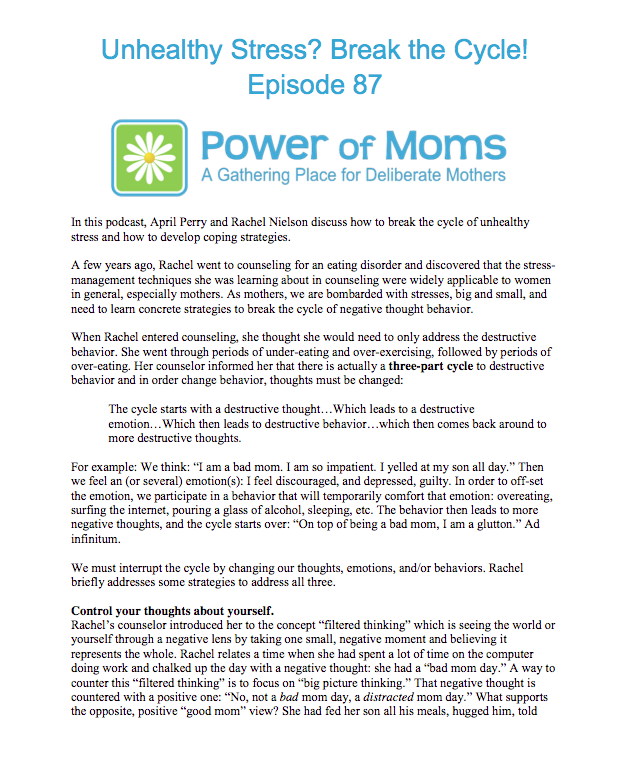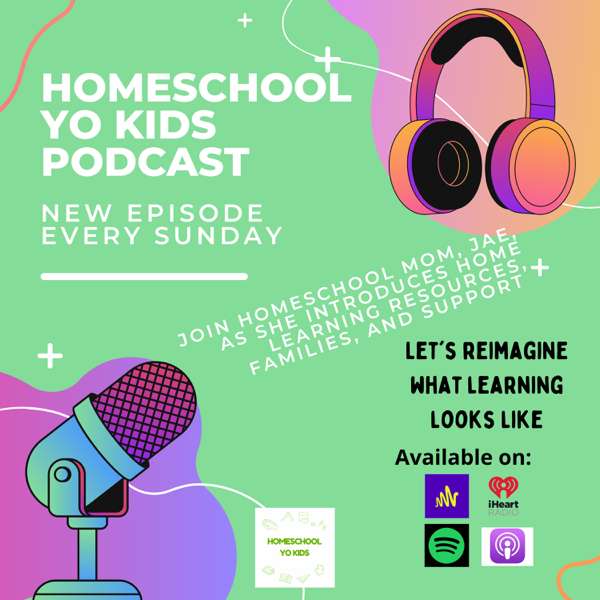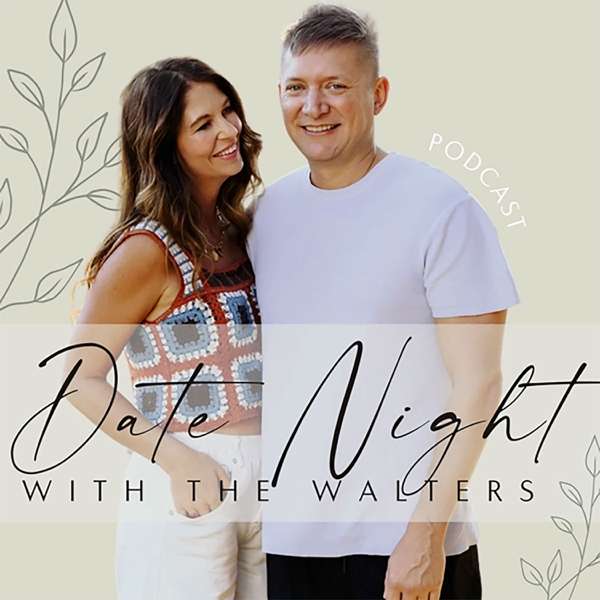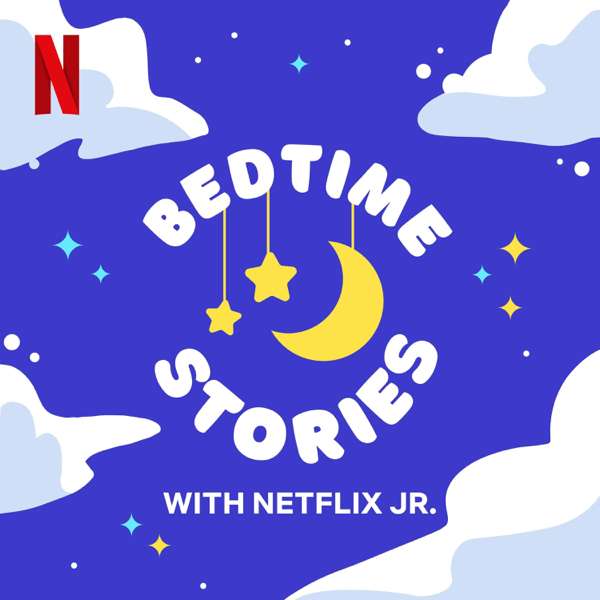 Yesterday, all of us were shocked by the tragedy of the Boston Marathon bombing. The news rapidly spread through social networks and became the major subject of discussion–and heartache–within families worldwide.
Yesterday, all of us were shocked by the tragedy of the Boston Marathon bombing. The news rapidly spread through social networks and became the major subject of discussion–and heartache–within families worldwide.
I (April) heard about it 30 minutes before my children got home from school, and initially, I wasn’t quite sure when (or how) I was going to talk about it with them. During our afternoon snack, however, my 13-year-old checked her Instagram feed and said, “What happened today? Everyone is posting images that say ‘Pray for Boston.'”
So then the conversation happened. I kept it simple, but I explained the facts, and then we had a brief but tender family discussion about tragedies, choices, life and death, fear, hope, and purpose.
While horrifying and devastating, this tragedy isn’t the first I’ve had to discuss with my children, and it unfortunately won’t be the last, so today Saren and I thought it would be helpful to gather as deliberate mothers and help each other identify the best ways to help our families handle tragedy. (We recorded this as a podcast and also included the main points below.)
Right click on the podcast link if you’d like to download the audio file to your computer.
The thoughts we’ve put together here are a compilation from our Power of Moms Facebook community (to see all the comments on our Facebook page, click here). We also welcome you to share your thoughts below and take part in this conversation. Our hope is that we can all help each other work through the grief and shock and move forward with compassion and hope. Each of these points is discussed in more detail in the podcast at the beginning of this page.
(1) With younger children, we may not want to discuss it at all. Most toddlers and young preschoolers don’t really need to discuss what is going on in the larger world. If they are not going to be hearing about the bombing from outside sources, we may choose not to bring up this incident with them at all.
(2) With school-age children or teens, we want to be the ones to frame the tragedy in an appropriate way.
If children are in school they will hear about it from other kids or teachers and it may not be framed in a way that you will be happy with. It is better to set the tone of this event in a way that works for you and your family to help your kids from becoming afraid by the accounts of others. – Lisa Trainor
I didn’t tell my children about the recent school shootings, afraid it would traumatize them. Instead, they learned about it from kids at school, and the school had an “intruder drill” to practice what to do if it happened in real life. The reality is, as their mother, I have to tell them about these things. If I don’t, someone else will and in perhaps not a reassuring way that there are others that ARE good people and that we can be examples to others in everyday life of goodness in hopes to change the bad in the world. – Nichole Isom
This is the world they live in, and we as their guardians and parents need to teach them. – Deirdre Davis
(3) Be honest.
Expressing the basic facts about the tragedy in a calm and compassionate way generally works well for children. Showing them images and information that we’ve pre-screened and carefully selected based on what we know about our children’s interests and needs can be very helpful. Children appreciate the truth – but they don’t need to know or see every gory detail. Expressing our own feelings about the event, our sadness over the fact that some people make really bad choices that hurt others, our compassion for those who were hurt and lost loved ones, etc. can help our children learn compassion.
(4) Focus on the good.

“’When I was a boy and I would see scary things in the news, my mother would say to me, ‘Look for the helpers. You will always find people who are helping.’ To this day, especially in times of ‘disaster,’ I remember my mother’s words, and I am always comforted by realizing that there are still so many helpers – so many caring people in this world.’ ~Mr. Rogers.
Point being it doesn’t matter if it was 1 person or many who orchestrated the attacks, the point is there will always be more heroes and people willing to help then there will be bad guys.” – Diane Clements
I told my 6 year old and he looked at me and said, “There’s more good people in this world than bad people. There’s only, like, 400 bad people and a MILLION good people. – Karin Cevasco
(5) Listen and invite our children to ask questions.
After laying out the facts and sharing our feelings, it’s great to ask children if they have any questions or concerns. Children may not have questions right away. That’s fine. We can let them know that they are welcome to bring up questions and share their thoughts with us at any time.
(6) Pray or gather together to focus on those who were directly impacted by the disaster.
While we may wish that there were something tangible we could do to help when a tragedy happens, often the only thing we can actively do is show our compassion and concern through positive thoughts, positive actions, and prayers.
My husband is on a terrorism task force and trains law enforcement around the country in situations like this. Things like this are common discussion in our lives, since our kids were small. We are honest, we talk about the disaster, then we talk a lot about the good – humanity and the heart of others helping strangers, first responders running towards the danger – fearless and determined. We talk a lot about families and how when tragedy strikes, it reminds us how we are all one big family. We listen and let them ask all their questions. We reassure their safety and to have continued faith in their protection and prayers for others. Of course this is a personal decision for each parent, but I do not see anxiety in my children over these things because we discuss it with them. By discussing and being prepared, they are strong in the face of adversity. – Jonelle Hughes
(7) Don’t feed the fear.
Don’t feed the fear. I have to tell myself that too. I know we need to teach our children to be safe, and its going to be talked about somewhere. The discussion has its own time and purposes, but when we worry, and we post our opinions, and we let it flood the news, or other media (Facebook), and we let it drag on and turn into other issues, it fuels the fear. – Julia Weis
I do remember when we did have nonstop TV on a news subject and that was the US/Cuba thing. I wasn’t afraid because my parents weren’t afraid. – Joanne Black
I told my boys, “It’s scary, but you don’t have to be afraid.” – Julie Pasta
It’s easy to get consumed with following these big news stories and the sensational photos and details that keep popping up on the Internet and in the news. But it’s important to help our children be calm and compassionate through our examples of continuing our regular lives with an extra dosage of kindness concern.
(8) Let our children know they can trust the adults to handle this.
I also reassured my kids that there are grown ups who are prepared to deal with any scary situation – we talked about fire drills and police and ambulances and school procedures and plans that are all made to keep them safe and respond to any situation, so that they don’t have to worry about “what if” because the grown ups are taking care of it. In Boston, all the doctors in the medical tents were ready to rush in and saved countless lives, the bomb squads were there within minutes, etc. – Vera Chenault
(9) Encourage our children to be leaders and helpers–people who are going to make a difference.
With Newtown, I told my kids that there will always be darkness in the world – our job is to be the light, which will always win out. Then we talked about what we could do to bring light to the world (being nice to sister, helping someone who is hurt, etc.). (My kids are 1, 3, 6, 7) – Vera Chenault
This is a great opportunity to talk to our children about how they can be a great influence for good in this world. Their kindness to those around them can help to make the world a better place, one person, one act of service, at a time.
QUESTION: What further points and ideas would you add? How have you addressed tragedies with your children?
CHALLENGE: Think about the points that resonate with you from this podcast and article and develop your plan for how you will address tragedies with your children.
Click here to access all Power of Moms podcasts in iTunes
Music in the podcast from Creations by Michael R. Hicks.
Photo above from New York Times.
The post Deliberate Mothering Ideas for Handling Tragedies – Episode 52 appeared first on Support for Moms - Power of Moms.

 Our TOPPODCAST Picks
Our TOPPODCAST Picks  Stay Connected
Stay Connected



![2012-11-05 fall 64406[3]](https://powerofmoms.com/wp-content/uploads/2012/11/2012-11-05-fall-644063-300x199.jpg)











 In this Radio Show, April and Saren brainstorm the things they’re most grateful for right now and share what our Facebook community said they’re most grateful for. Plus they share a fun new Thanksgiving tradition that captures what everyone in your family is most grateful for each year (in writing or with a voice recorder)
In this Radio Show, April and Saren brainstorm the things they’re most grateful for right now and share what our Facebook community said they’re most grateful for. Plus they share a fun new Thanksgiving tradition that captures what everyone in your family is most grateful for each year (in writing or with a voice recorder)












 We’ve all experienced beautiful moments as mothers, but wouldn’t it be nice to feel more joy and excitement in our lives?
We’ve all experienced beautiful moments as mothers, but wouldn’t it be nice to feel more joy and excitement in our lives?











 In this 20-minute episode, Saren and April talk about their biggest takeaways from the Retreat they conducted last weekend. Among other things, they realized these important points:
In this 20-minute episode, Saren and April talk about their biggest takeaways from the Retreat they conducted last weekend. Among other things, they realized these important points:






 Last week, we enjoyed a great 45-minute teleclass with Richard and Linda Eyre, authors of the NY Times Bestseller, Teaching Your Children Values.
Last week, we enjoyed a great 45-minute teleclass with Richard and Linda Eyre, authors of the NY Times Bestseller, Teaching Your Children Values. 












 Click here to listen to the podcast, “Getting Excited About Goals.”
Click here to listen to the podcast, “Getting Excited About Goals.” 




























